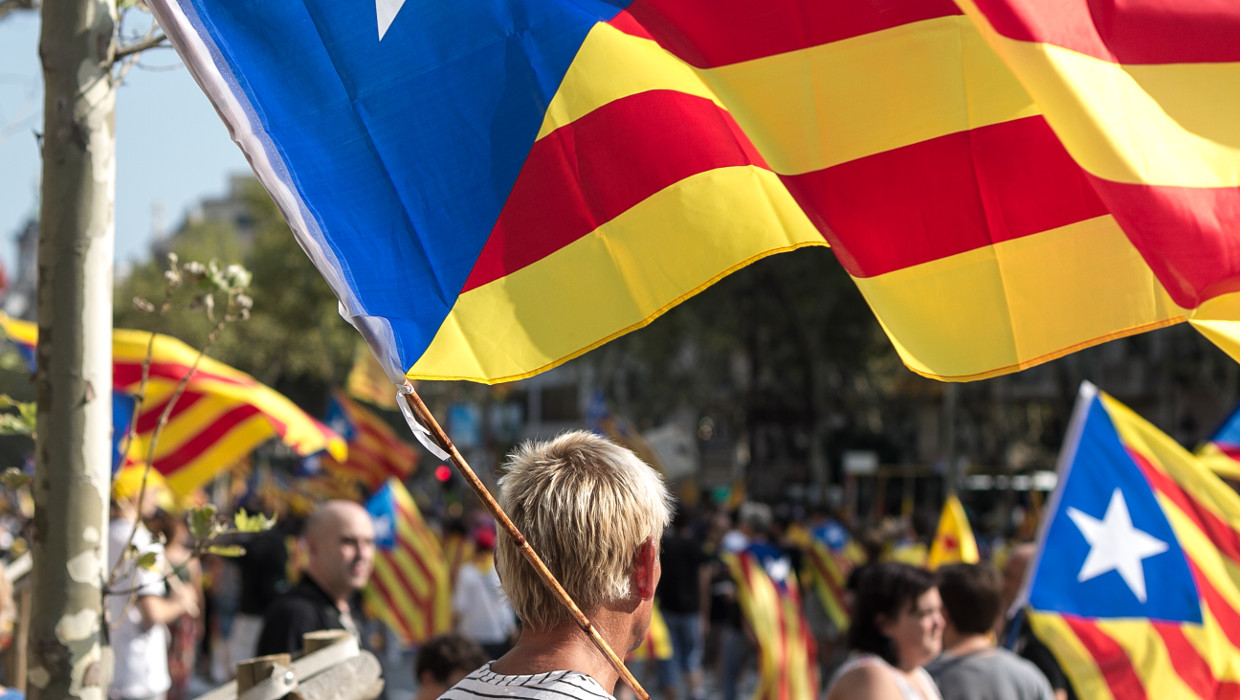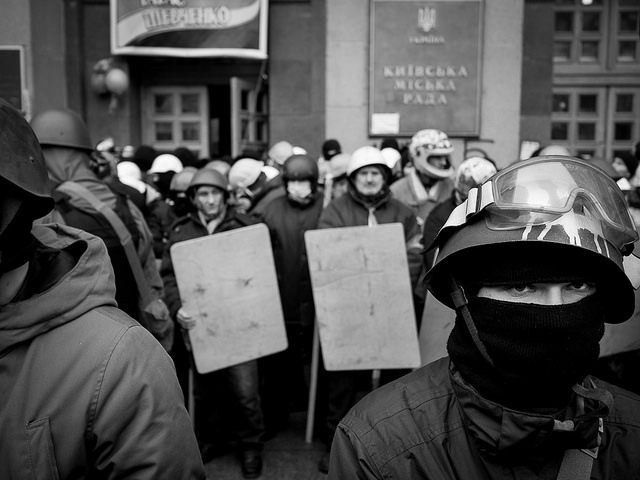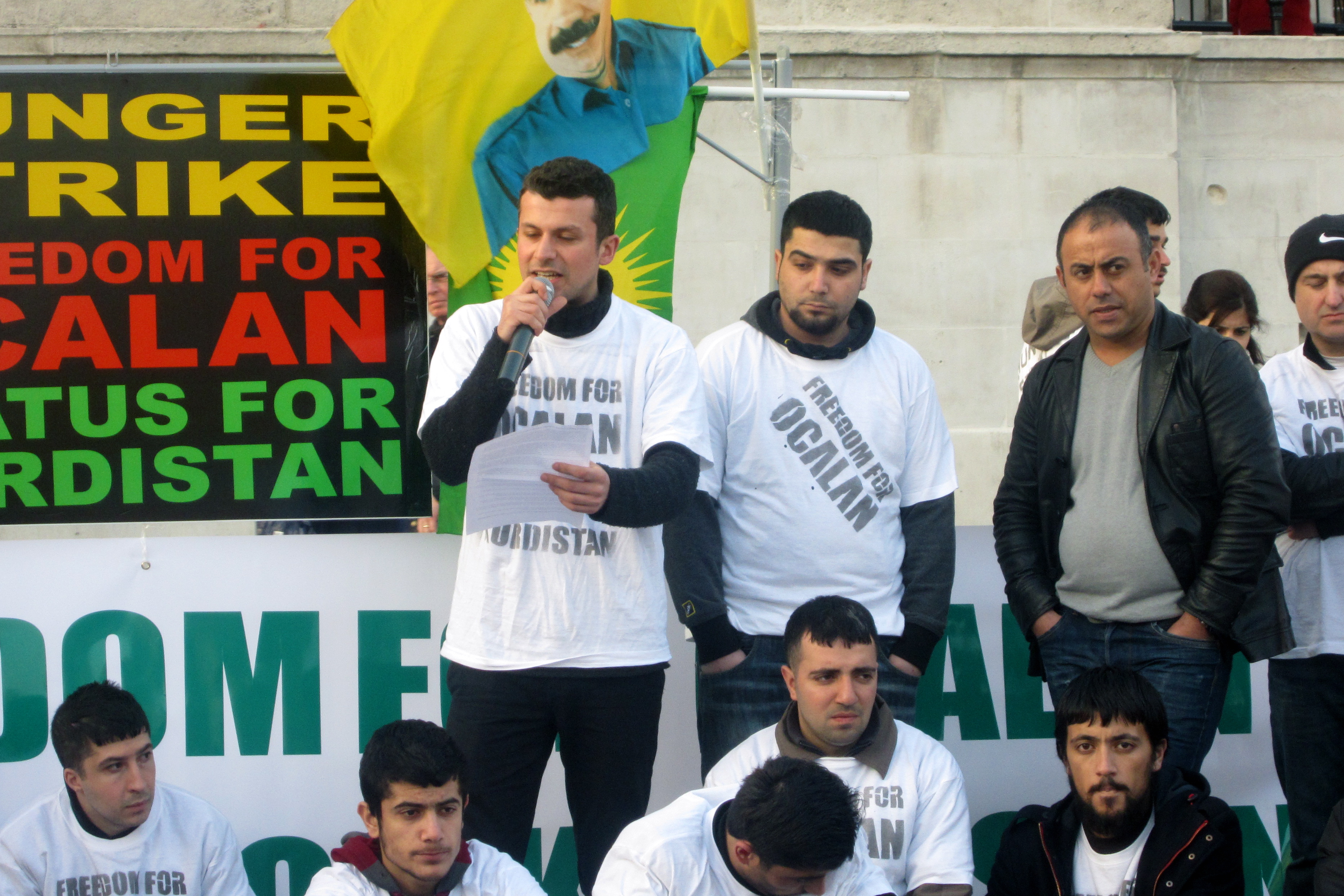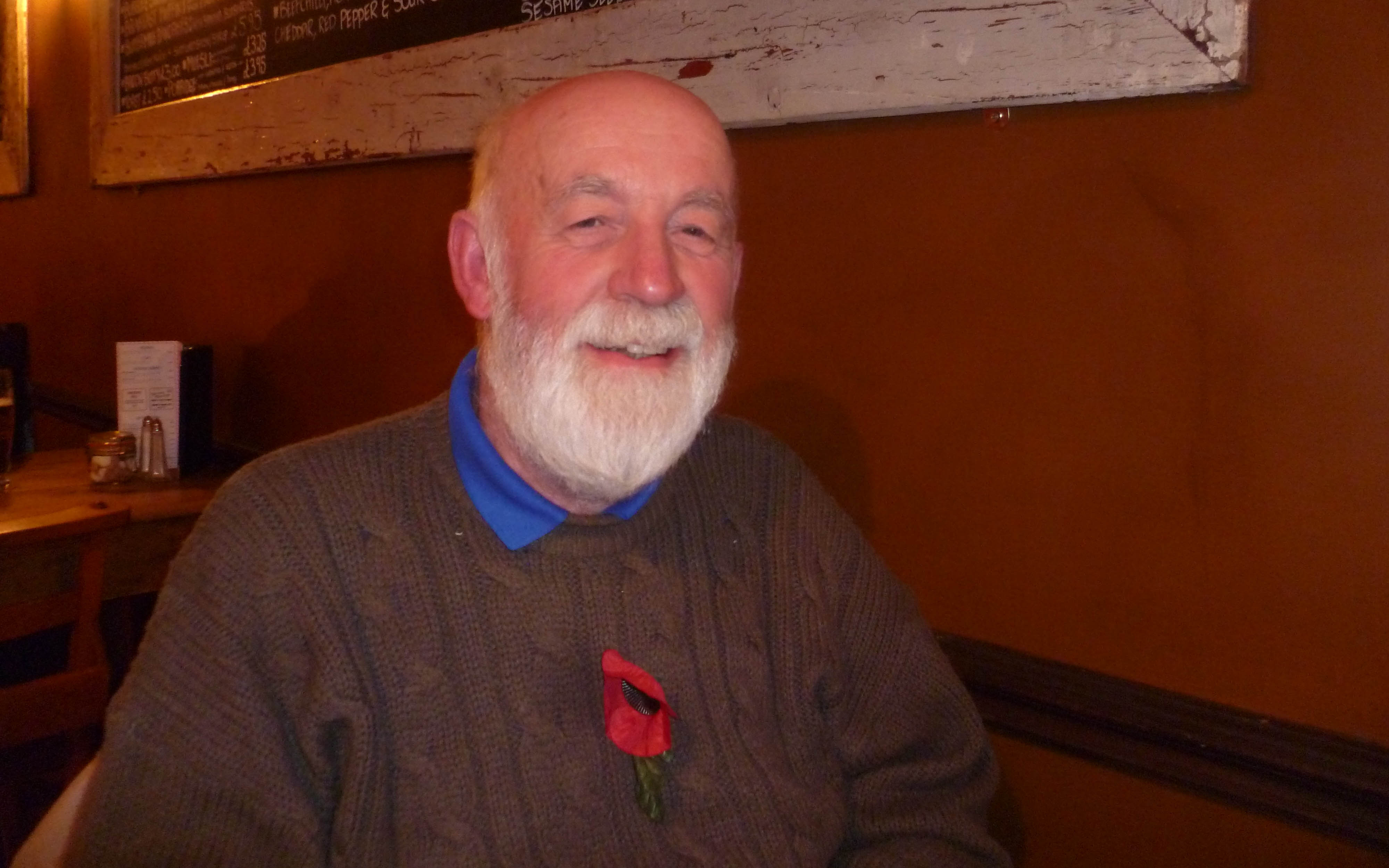Catalans will vote for independence on November 9, but their voice won’t be heard in Madrid.
On the morning of September 19, many Scots dreaming of an independent country woke up to find out that their hopes were dismissed, for at least “a generation, or maybe a lifetime”, as Prime Minister David Cameron said. The news traveled around the world, but perhaps nowhere was it met with such a combination of apprehension, solidarity and even envy than in another small European nation.
The people of Catalonia have long treasured their autonomy from the central government of Madrid. In the last three years the once federalist ruling party, inspired in part by Scotland’s demands, and also by the continuing economic crisis in Spain, has increasingly set its sights on independence. Just weeks after the Scottish Parliament passed their Referendum Bill, the Catalan Generalitat (the government of the Autonomous Community, based in Barcelona), also set a date for a referendum of their own to settle the question of self-determination, to be held on the 9th of November 2014.
This is not the only similarity between the two nations: both can boast a longer history than the states they are part of, and both have generally expressed a more center-left outlook when compared to the rest of the population. Some of the grievances of the independence movements are also similar, from matters of political and cultural under-representation to the more practical issue of devolved taxation.
But there is something drastically different. On March 2014, the Spanish Constitutional Court outright rejected the possibility of a referendum, following a legal challenge by the national government. The high judges argued that any changes to the territorial integrity of Spain could only be made in accordance with its 1978 constitution, which affirms the “unity of Spain”. The Generalitat, headed by President Artur Mas i Gavarró, has decided to proceed with a non-binding consultation on November 9, while Mariano Rajoy, Spain’s Prime Minister, has further challenged it to the courts in the hopes of delaying the process.
So what went wrong? “The Spanish government has remained firmly opposed to any form of dialogue with the leaders of the local Autonomies,” says Dr Igor Calzada, a lecturer at the University of Oxford specialized in regional and territorial governance. “This refusal to consider an overarching reform of the 1978 constitution stands in stark contrast to the attitude of the British Government, which has legitimised Holyrood and supported the referendum as a highly democratic exercise.”
“Spain has avoided the calls for self-determination and followed a very strict approach to its constitutional make-up, justifying it with the history of political unrest and violence, especially in the Basque region. But that shouldn’t be an obstacle anymore, since ETA [Ed. Note: Euskadi Ta Askatasunalaid, a Basque armed organisation] laid down the arms in 2011.”
“The UK would have endured some negative effects from a yes vote, but it could have survived without Scotland. The situation in Spain is completely different”
Others, such as Dr Jose Javier Olivas Osuna, a fellow at the London School of Economics in the field of Hispanic Studies, argue that the Catalan side also shares the burden for not initiating a dialogue. “The constitution does not allow for a referendum without amending the Constitution, but the Catalan nationalists have no interest in proposing a reform. What has happened is that they have tried to impose their unilateral solution. The government could never allow that, because it would undermine the rights of other Spaniards.”
“But there are practical implications as well. Scotland is in comparison a much smaller region, while Catalonia is actually a net contributor to the Spanish economy, boasting 20% of the nation’s total GDP. The UK would have endured some negative effects from a Yes vote, but it could have survived without Scotland. The situation in Spain is completely different, as most studies, even the one funded by the Catalan Generalitat, show that the rest of Spain would enter a dramatic crisis.”
This legal struggle has led to a very different discourse to the one that went on during the Scotland campaign. “The debate has been focused on the controversy surrounding the consultation, leaving the merit of the independence question to the sidelines,” says Dr Calzada. “It’s a far cry from the Scottish referendum, which saw both sides trying to put forth rational arguments without resorting to overtly confrontational rhetoric.
“But the consultation campaign has seen a similarly high level of grass roots involvement, with polls showing that independence has been gaining vast support among Catalans.”
A Sì victory is indeed the most predicted result, but that doesn’t make clear what will happen the day after the elections. One possible outcome might push tensions with Madrid to the next level. “Convergence and Union and Republican Left of Catalonia, which are the ruling two parties of the governing coalition in the Generalitat, might want to use the referendum as a springboard to call for new elections in Catalonia,” says Dr Olivas Osuna. “The local political system is very fragmented, but if they manage to contend under a common pro-independence list, they might get a majority in the Catalan parliament which they deem sufficient to make a unilateral declaration of independence.”
“Scottish people had their chance to say what they think, so why can’t we have the same right to decide for ourselves”
Even on the streets of Bournemouth, young Spaniards do not shy away from expressing their views on this hot topic. Francisco, 26, says that “if Catalans get their independence, we will be both worse off at least for the next ten years. The comparison with Scotland doesn’t make much sense, because Catalonia never was an independent state”. Marina, a 26-years-old from Barcelona, is quick to respond that “people should read on the history of Catalonia. Scottish people had their chance to say what they think, so why can’t we have the same right to decide for ourselves.”








